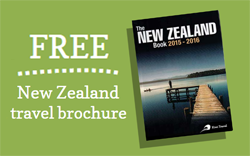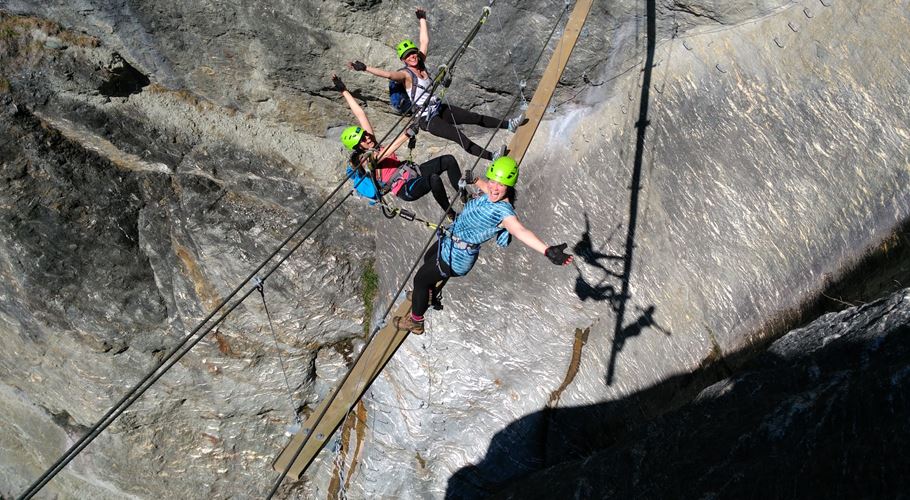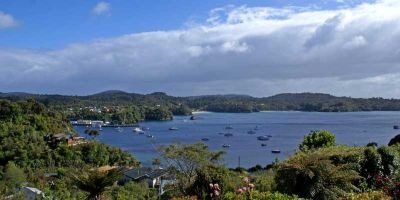If you’re not used to the term, Freedom Camping is the process or ability to camp overnight on public conservation land without having to pay a camping fee.
With New Zealand’s pristine environments, enviable scenery and landscapes, Freedom Camping can be an affordable way to see New Zealand and experience all it has to offer.
New Zealand in general is open to freedom camping, but there have been some highly publicized events where the goodwill associated with freedom camping has come under scrutiny.
Some campers in the past, notably during the Rugby World Cup in 2011, have undertaken some undesirable and irresponsible actions while freedom camping, such as going to the toilet in a public place, leaving rubbish at the sites, and even having parties where the locals have been attacked for attempting to shut it down.
Freedom Camping Act 2011
As a result, the New Zealand Government passed the Freedom Camping Act 2011 providing local government with more powers in terms of policing and identifying areas that were freedom camping friendly (and identifying areas where freedom camping was to be expelled). As part of these additional powers, the ability to regulate and introduce fines for non-compliance came with it.
While there have been a minor few that have spoilt the ‘freedom’ of the freedom camper, New Zealand does offer approximately 340 campsites around the country that are designated as freedom camping friendly. There are some councils who have taken a stronger stance on freedom camping than others, and many sites are designated by either Councils and/or the Department of Conservation (DOC) as appropriate or not.
There are also some stipulations that you should also be aware of. Some sites require you to have a vehicle that is certified self-contained i.e. a toilet onboard and ability to store water. It is up to you to check if there is any stipulations, rules or responsibilities that need to be adhered to at your point of rest – this could include hours in which camping is allowed, and a time at which you need to have vacated the site, or even the maximum number of vehicles allowed to stay at a particular site and any one time.
Irrelevant of and rules or regulations, there are some key things that you can do to ensure that your stay does not impact the environment or a future freedom camper. Namely the disposal of waste, you should always have the mentality of Carry in, Carry out. Leave no trace. If you had a visitor to your home, you would expect them to leave it as they found it, the same applies here. Non-compliance can result in a hit to your wallet, with an instant $200 infringement notice or a maximum $10,000 fine if prosecuted.
Where can I camp?
For more information on potential camping sites you can refer to each regional Visitor’s Centre or the DOC. DOC also have a significant list of prohibited areas that will help guide your trip and potential lay over spots.
“Assume nothing and always ask a local”
You can always take the difficulty out of issues related to Freedom Camping and let the team at Kiwi Travel NZ organize everything for you. They can customize an itinerary and vehicle with your needs in mind. With an intricate knowledge of holiday Parks, booking information and a multitude of Motorhome Hire Packages they’ve got everything covered. And in addition, they’ll be able to give you pointers on the ‘must sees’ of particular regions.
For more information on what Kiwi Travel NZ can do for you, visit the unique holiday vacation packages designed for you.
Image Credits:
Camping by moonlight, by Arup Malakar, CC BY 2.0






